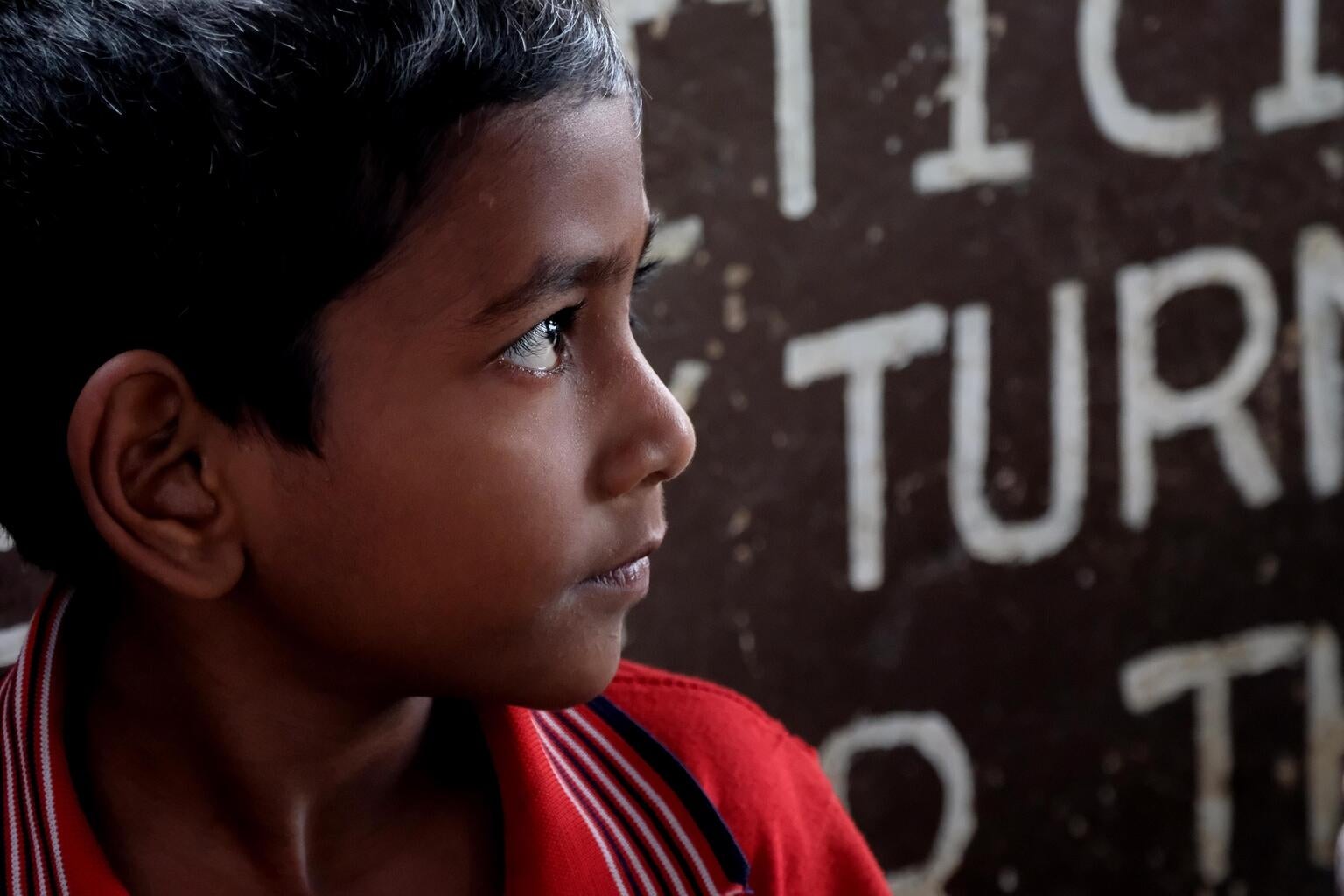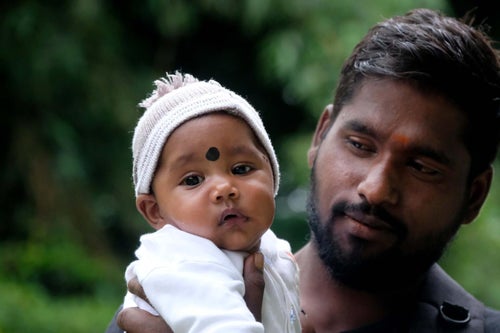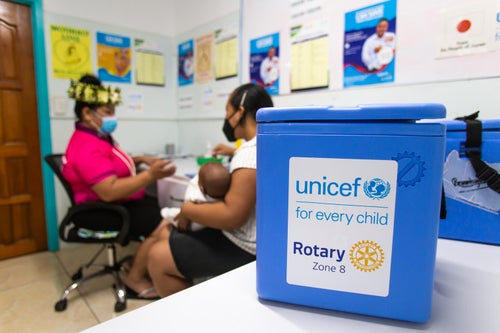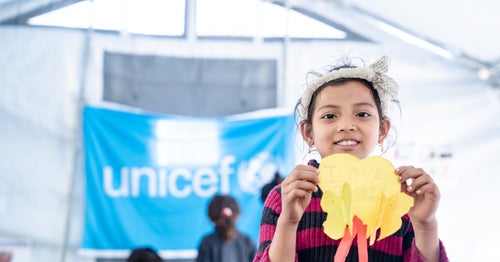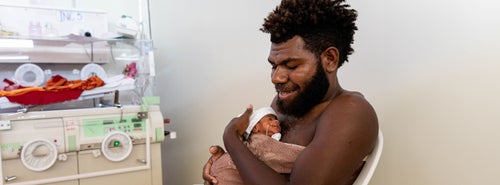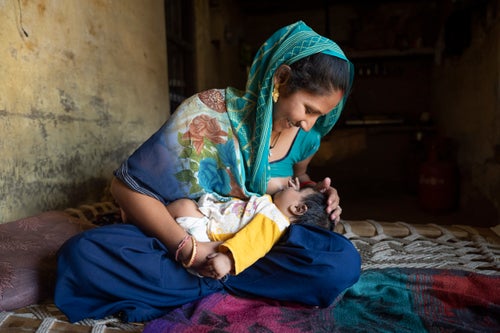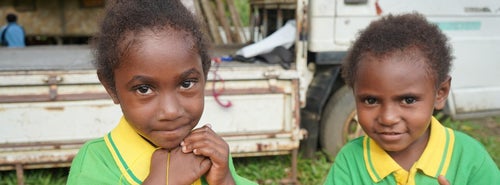Sri Lanka is facing its worst economic and energy crisis, and children are at the very heart of it.
The country's economy faces crushing debt and is on the verge of collapse. Families still recovering from decades of civil war are now on the verge of yet another crisis. UNICEF estimates that 2.8 million Sri Lankan children urgently need humanitarian assistance.
The price of food and fuel is rising. Life-saving medicines are in short supply, and access to essential commodities, like soap, means that the poorest and most vulnerable are being adversely affected.
“Supermarket shelves are emptying out and prices for basic goods that families so direly depend on – like rice, lentils, milk and cooking oil – are soaring,” says Christian Skoog, UNICEF Representative to Sri Lanka.
Families can no longer afford to send their children to school, placing millions of children at risk of exploitation, violence and stress.
Help Children in Sri Lanka
The needs of children and families in Sri Lanka remain as acute as ever.
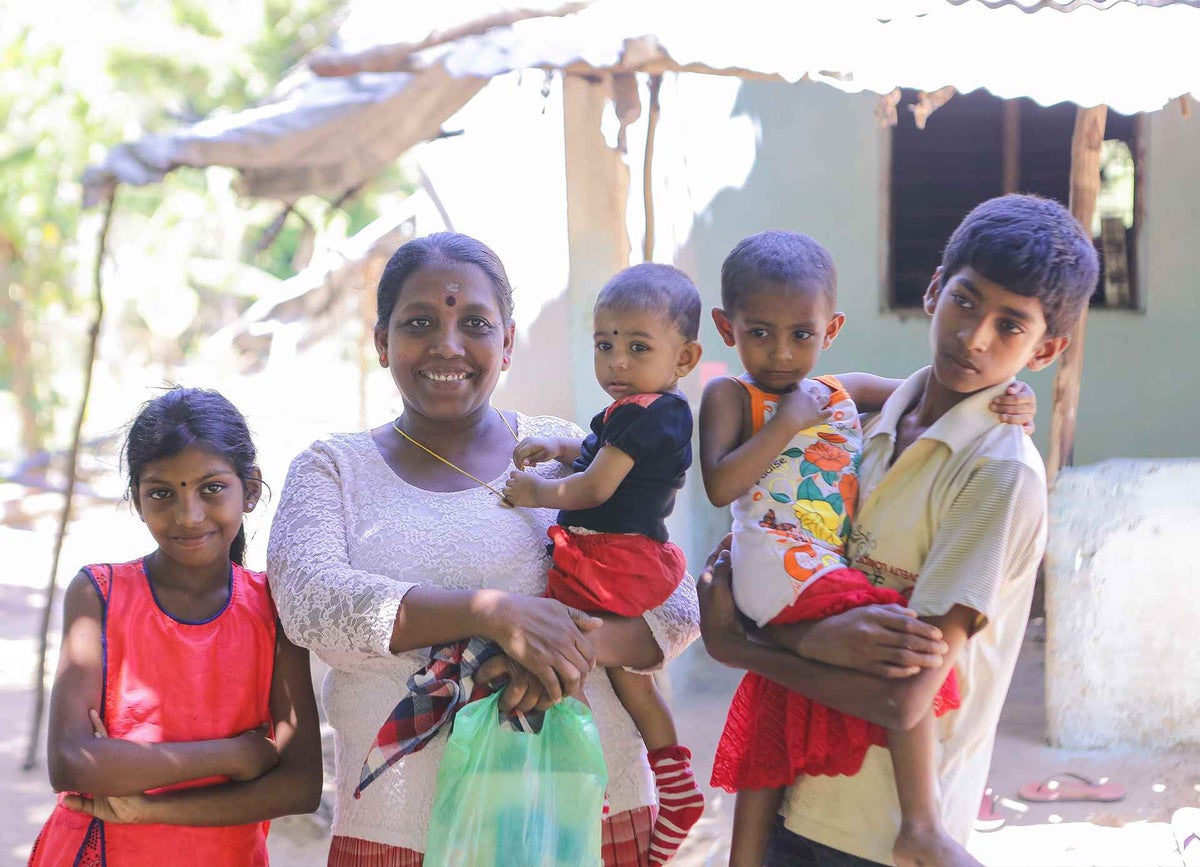
Choosing food or fuel?
Logeswary, a 40-year-old mother from a village in northern Sri Lanka is extremely worried about how she can continue to put food on the table to feed her four children. The family depends on her husband’s meager income from his job as a part-time grass cutter at a nearby farm.
Their two-year-old daughter, Krishanthi, is suffering from severe acute malnutrition, and their 9-month-old baby Debora, is also at risk of malnutrition. Little Krishanthi does not have access to much-needed therapeutic food which could help improve her condition.
According to public health staff about 20 per cent of children from the same village are malnourished, many suffering from severe acute malnutrition. Even prior to the current crisis, one in four children were stunted.
The situation is only expected to get worse for families like Logeswary’s. Currently, 70 per cent of households are reporting reduced food consumption.
The fuel crisis and frequent power cuts are also hindering vital services for children, including health care and education.
"Without urgent action, the situation will only get worse, with far reaching consequences for children"
What is UNICEF doing in Sri Lanka to help children?
With more than 50 years of field presence in Sri Lanka and a network of partners across the country, UNICEF is leading efforts on the ground to save lives and ensure children are spared the most devastating impacts of the crisis.
Our teams on the ground in Sri Lanka plan to:
- Treat children for severe acute malnutrition.
- Ensure young children benefit from school feeding programs.
- Ensure children and families can access health care in UNICEF-supported facilities, including nutritional support for pregnant women and mental health services for children and caregivers.
- Provide people with safe water for drinking and domestic needs.
- Ensure every child in need has access to education.
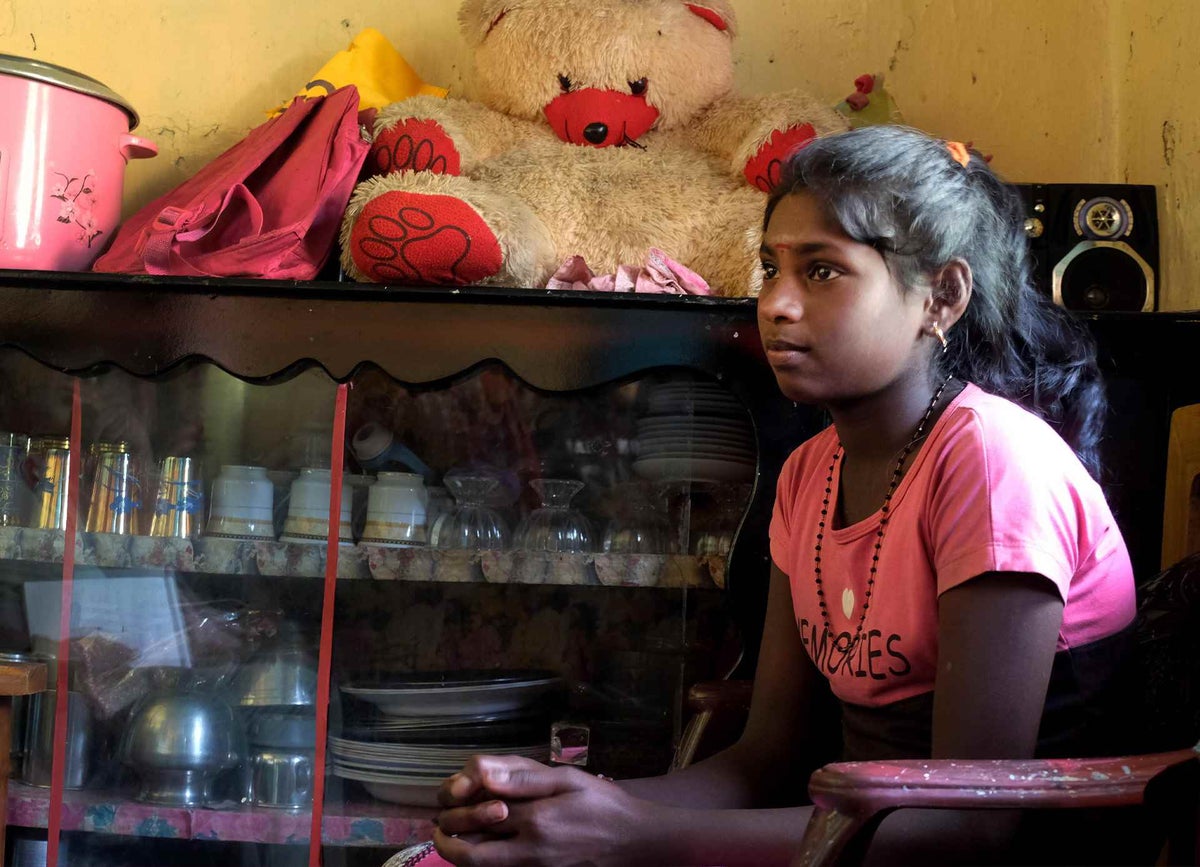
Anuja hasn’t been to school in three years
Anuja, who should be in Grade 9 at college, has not seen her school since she was in the seventh grade. Her education stopped in 2020 due to the COVID-19 pandemic. Sri Lanka was among the countries with the longest period of school closures in the world.
Coming from a family of six with two brothers and a sister, Anuja says she could not continue school after the quarantine period because her parents did not have enough money for her school supplies.
“I would really like to go to school, and my old friends keep asking me to come whenever they see me,” says Anuja.
“But I must support my family by cooking every day as the others go to work. Hopefully, I would like to work in a grocery or shop in the town someday to help earn a living.”
Unfortunately, Anuja's story isn’t unique. Children are being held back from school; there is no fuel for the school bus, there is no power to access online learning and there is a lack of paper, stationery and other school supplies – further extending their learning loss after long closures in 2020 and 2021 due to COVID-19.
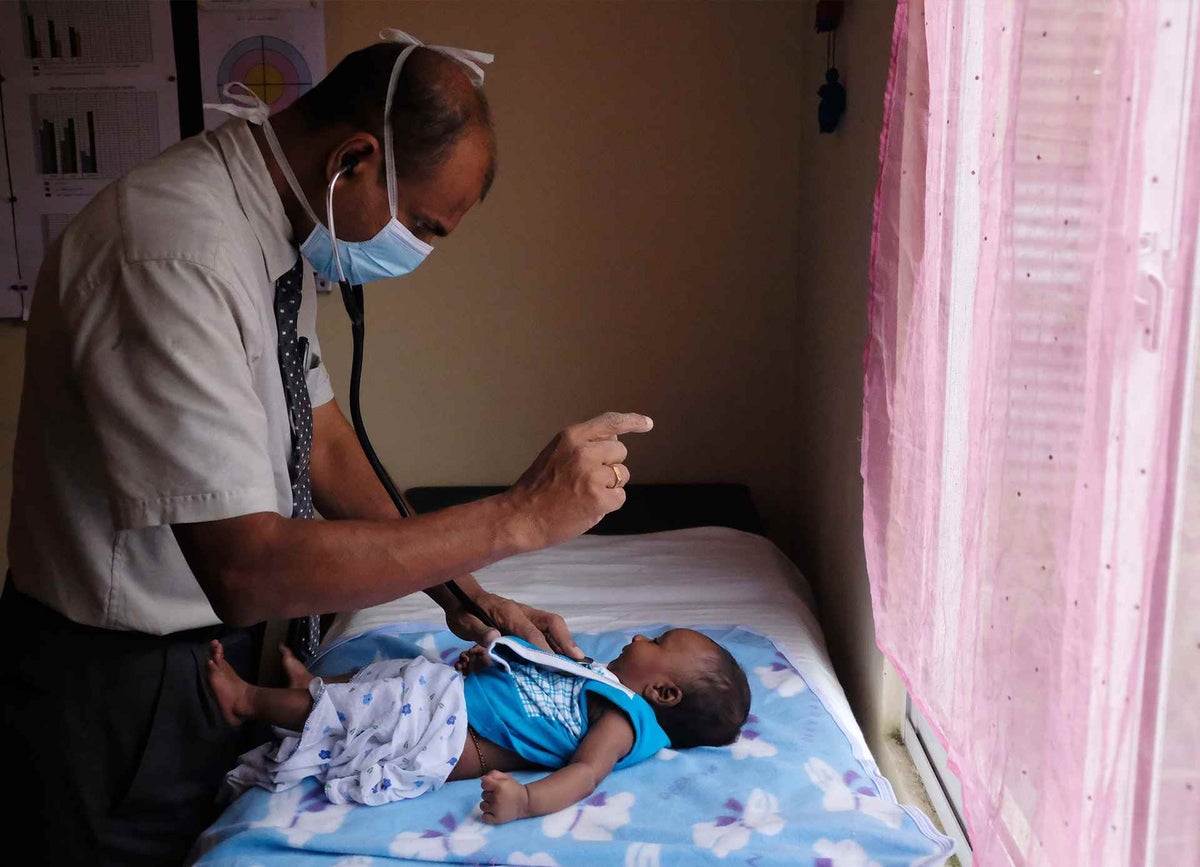
How you can help children in Sri Lanka
Our teams are on the ground to deliver life-saving supplies, but more help is urgently needed. Your donation can help:
- Deliver therapeutic food to treat malnutrition in children
- Provide food vouchers for pregnant and lactating mothers
- Supply maternity and neonatal kits

- 90¢90 cents of every dollar donated to this emergency goes directly to our emergency response work in the field.
- 10¢10 cents per dollar covers the essential administrative costs of raising public awareness and fundraising to generate more support for UNICEF’s emergency response.
How do we use each dollar donated?
Related articles
Stay up-to-date on UNICEF's work in Australia and around the world



